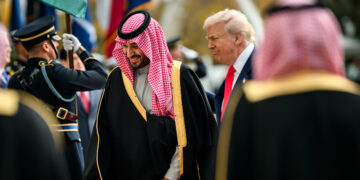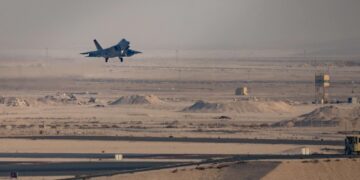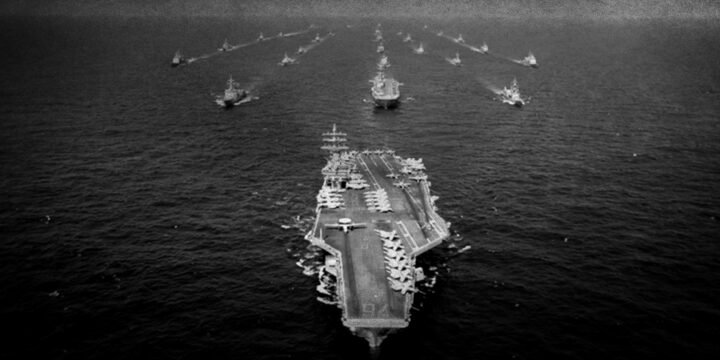May 15, 2020
Black gold and blackmail: oil and great power politics

Black Gold and Blackmail seeks to explain why great powers adopt such different strategies to protect their oil access from politically motivated disruptions. In extreme cases, such as Imperial Japan in 1941, great powers fought wars to grab oil territory in anticipation of a potential embargo by the Allies; in other instances, such as Germany in the early Nazi period, states chose relatively subdued measures like oil alliances or domestic policies to conserve oil. What accounts for this variation? Fundamentally, it is puzzling that great powers fear oil coercion at all because the global market makes oil sanctions very difficult to enforce.
Rosemary A. Kelanic argues that two variables determine what strategy a great power will adopt: the petroleum deficit, which measures how much oil the state produces domestically compared to what it needs for its strategic objectives; and disruptibility, which estimates the susceptibility of a state’s oil imports to military interdiction—that is, blockade. Because global markets undercut the effectiveness of oil sanctions, blockade is in practice the only true threat to great power oil access. That, combined with the devastating consequences of oil deprivation to a state’s military power, explains why states fear oil coercion deeply despite the adaptive functions of the market.
More on Middle East

November 19, 2025

November 19, 2025

November 18, 2025





